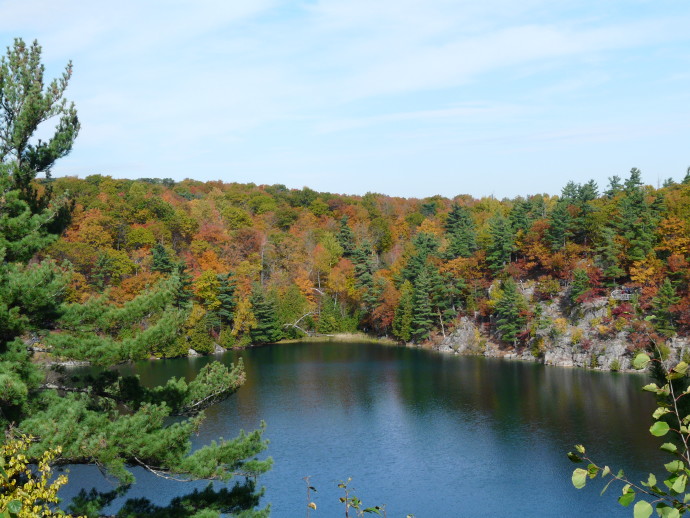September 29, 2015
STAND UP FOR OUR PARKS!
By Nikita Lopoukhine

Canada’s system of national parks have been the envy of the world. Beauty, wildness and the diversity of each park set our system of parks apart globally. From its origin of Banff, the national park system stretches from sea to sea to sea with Sable Island to Gwaii Hanaas to Quttinirpaaq on Ellesmere Island.
The protection of these spectacular, diverse and representative areas is in the hands of dedicated professional staff. Their work, protecting these areas for future generations of Canadians, is recognized globally.
Over the years as the system grew, protection became an increasing concern. Internal policies such as eliminating predators and fire suppression, along with burgeoning recreational interests and external pressures from developers were placing our parks at risk. The cumulative effects of poor internal policies and unrelenting pressures for more activities within our national parks became clear. Species were disappearing, ecosystems were degrading and staff was unsure of objectives. Canadians said enough. Support for change in management objectives was overwhelming.
In response, in the 1990s, review Panels were set up. Recommendations were enacted. Legislation was passed and regulations were introduced. Congruent Policies were developed and subsequent Park Management Plans reflected these new directions. In essence, nature protection became the primary priority and clear limitations to development were instituted.
Of note, along with the changes in the governance framework there was a complementary substantive investment in science and monitoring. Parks Canada was poised to become a science based national park system. In June 2000, I was honoured to be appointed as the first science adviser to the Parks Canada Executive Board.
Canada’s National Parks and Parks Canada stood out as models for the rest of the world. Through the course of my eight years, ending in 2012, as the Chair of the World Commission on Protected Areas, I was repeatedly asked for share Canada’s approach to managing its national parks.
Sadly, there is now a regression of our status as global leaders.
Professional staff is threatened by gag orders. Staff firings, without cause, add to the unease. Travel to conferences is limited, locking up Canadian know-how that would otherwise be readily shared with the world. Budget cuts, with science reduced by a third, have placed monitoring and evidence based protection at risk.
With staff silenced, developers have found the door is no longer closed to their outlandish proposals.
Counter to previous agreements, Mount Norquay ski hill operators in Banff National Park now have a summer season in grizzly habitat. The “Glacier Skywalk” in Jasper converted a free lookout to a “pay as you go” large infrastructure that counters standing Park Policy of minimal development. A proposal for a hotel to be built on the shores of Jasper’s Maligne Lake was overturned, but overnight accommodations are still planned despite park policy. Now, in August, Parks Canada approved an expansion of the Lake Louise ski area to in effect double its capacity. What is unprecedented here is this development encroaches into a wilderness area which is prohibited by law from development.
More proposals are under consideration: widening parkways in Banff, expanding Marmot Basin capacity in Jasper and then there is the infamous “Mother Canada” proposal for Cape Breton Highlands National Park.
Insofar as our system of national parks, we are once again at a crossroads. The Oct. 19 election gives Canadians the opportunity to once more to stand up and to say once again, “Enough.” It is critical to restore Parks Canada’s science capacity and to respect the fundamental principal of nature first in all decisions as specified in the laws, regulations and policies affecting our national parks.
The world is watching. Let us not disappoint them and by assuring we have a robust system of national parks that as a first priority protects nature for the enjoyment of future generations of Canadians.
Nikita (Nik) Lopoukhine is the retired director general for National Parks Directorate, Parks Canada, and chair emeritus IUCN World Commission on Protected Areas.



